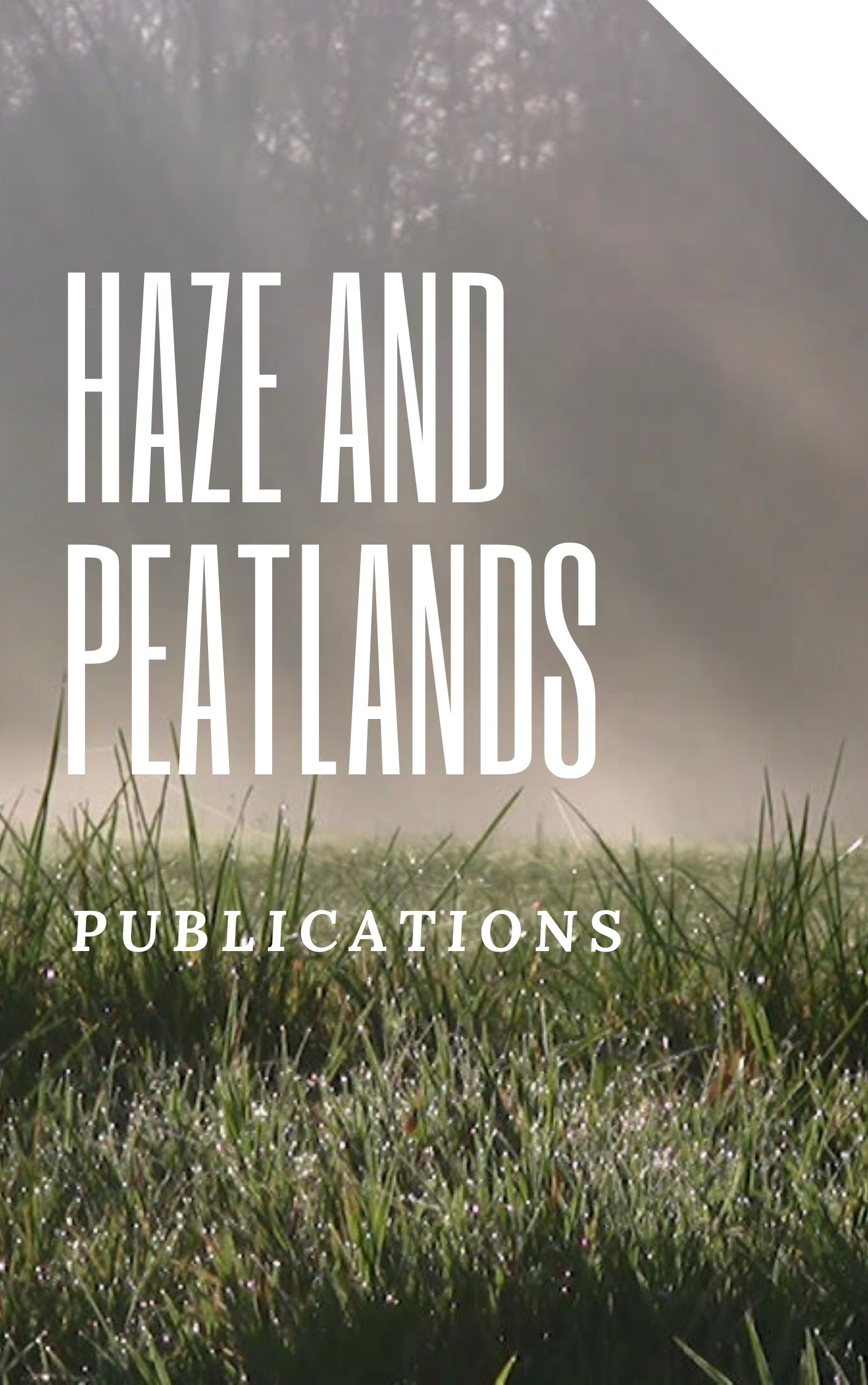The Lower Mekong River Basin of Southeast Asia is at an important juncture in its path of development. The natural resource base upon which future development will depend is being undermined by deforestation. Poverty in many places in the basin provides few options other than continued use of the forests for fuelwood, slash-and burn agriculture, as well as commercial uses. The Mekong River holds great potential in helping meet the region's energy and food requirements, especially given the low level of water development in the basin. It is generally accepted that any development program must account for a range of socioeconomic, cultural, and environmental factors. The record of wafer development projects in the basin holds clues about their strengths and weaknesses in promoting environmentally-and socially-responsible development. Reviewing past work also shows how the emphasis of wafer development programs has changed during the past two to three decades. A review of the contemporary work program of the Mekong Committee and Secretariat reflects the extent to which they have learned such lessons and. in turn, their potential for contributing to more sustainable development in the basin. © Taylor & Francis Group, LLC.
View source

